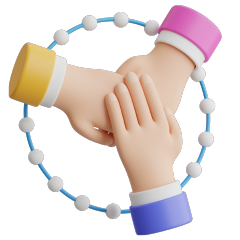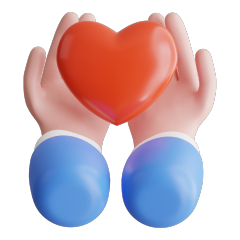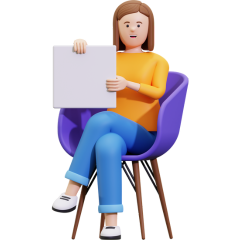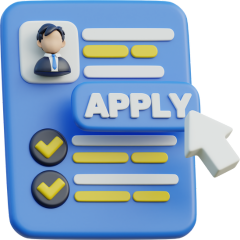How music keeps ageing brains healthy
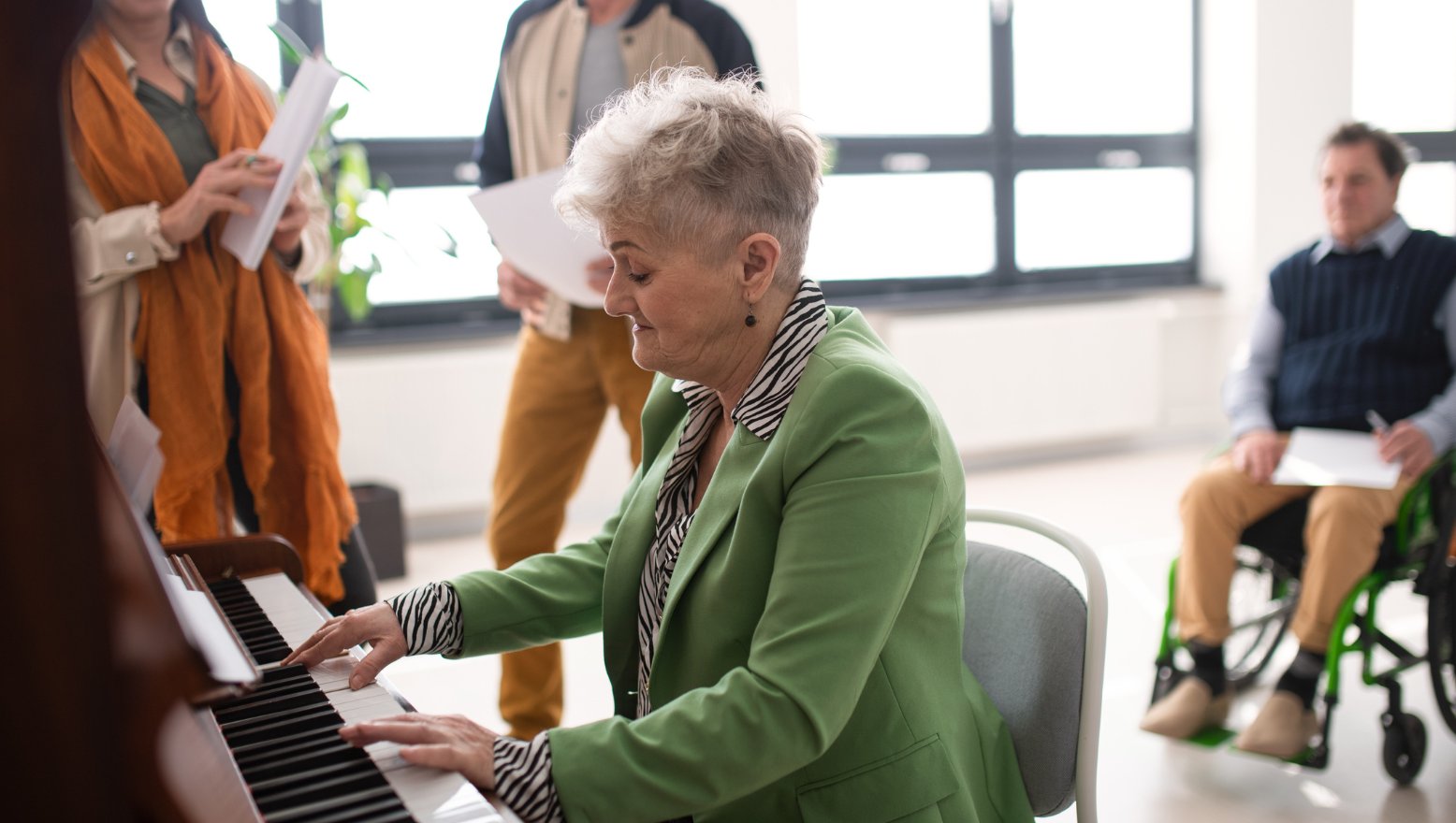
Research shows that engaging with music, especially learning an instrument or participating in structured music activities later in life, supports brain resilience, executive function and long-term wellbeing.
Table of Contents
Could music be the secret to staying sharp, connected and joyful well into your 80s and 90s?
Science increasingly says yes, and it’s striking a chord with older Australians. Far from being just entertainment, music is now recognised as one of the most powerful tools for preserving brain health.
Whether you’re singing in the shower, learning the ukulele, or simply tapping along to your favourite songs, music activates nearly every part of the brain: memory, motor skills, language, emotion and even social bonding.
As we age, this mental stimulation becomes especially important. Music doesn’t just bring back memories, it can help build new brain pathways altogether.
In fact, researchers have found that music can help older adults maintain cognitive function, stave off decline and even rewire the brain for better resilience.
What happens in the brain when we hear or play music?
Music engages both hemispheres of the brain simultaneously, including areas linked to memory, language, attention, coordination and emotion. Even short-term musical learning can strengthen what neuroscientists call neuroplasticity, the brain’s ability to adapt and form new connections throughout life.
Research shows that engaging with music, especially learning an instrument or participating in structured music activities later in life, supports brain resilience, executive function and long-term wellbeing.
Music is wired into us from the start
Scientists like Peter Vuust and Stefan Kölsch say music isn’t just something we enjoy, it can also help us learn, feel better and even heal. In fact, Dr Kölsch believes that music might help the body heal itself better than some medicines can.
We clap, hum and move along to music without even thinking about it. Peter Vuust, who studies rhythm and the brain, calls this “the secret of the groove.” His research helps explain why some beats make us want to move. This natural response to music, seen in both babies and athletes, is now being explored for its healing effects throughout life, from before birth right through to older age.
The evidence is growing
According to the World Health Organization, music-based interventions are not just beneficial but are crucial elements in holistic health and aged care strategy.
A 2023 study by Macquarie University confirms that lifelong musical engagement builds cognitive reserve, safeguarding against age-related decline.
Meanwhile, recent research links musical abilities like rhythm and pitch perception to better working memory and speech-in-noise understanding in adults aged 57–90.
Harvard Medical School in the US also confirms that music not only supports memory recall, but can improve mood, sleep quality and even reduce blood pressure, factors all linked to brain health.
Across Australia, community centres, choirs and aged care homes are embracing music as a tool for connection and cognitive health.
Programs like Singing for the Brain, piloted in the UK and now adopted in parts of Australia, show how even simple group singing helps reduce isolation, spark joy, and keep minds engaged.
How to use music to boost brain health: 3 simple but powerful practices
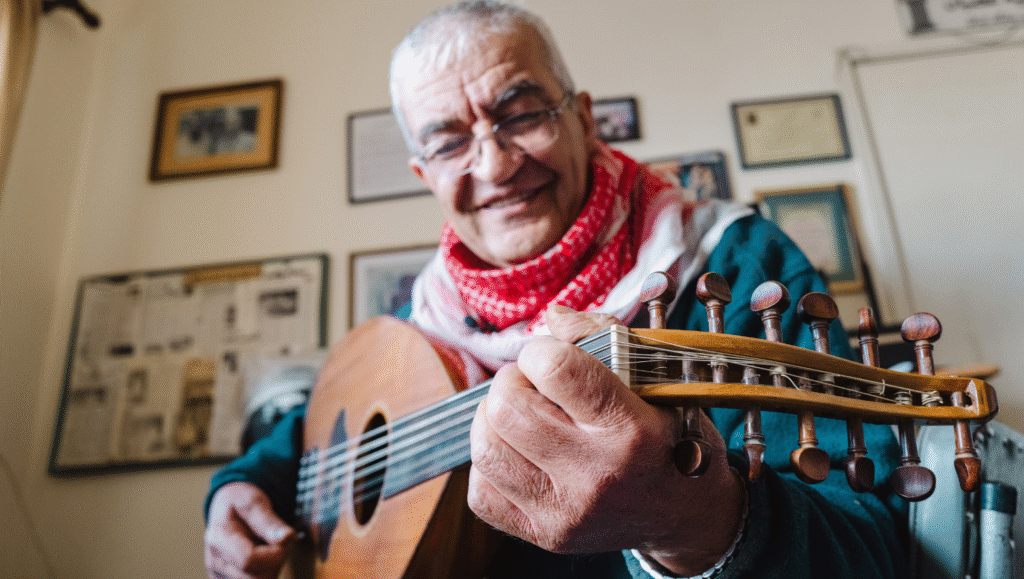
Music touches every part of our brain, from the parts that control movement and memory to the ones that help us feel and think.
But you don’t need to be a musician to enjoy the brain benefits of music. A 2020 review found that just 30 minutes of music-related activity a few times a week improved executive function, attention and emotional wellbeing in adults aged 60 and above.
Here’s how to make music a meaningful part of daily life:
1. Learn or practise an instrument
Even beginners can benefit from short bursts of practice. Just 10–15 minutes a day can help improve focus, hand-eye coordination and memory. Older adults who played music, even informally, have been found to perform better on tests of verbal recall and problem-solving.
- Try: keyboard, ukulele, harmonica or hand drums
- Best for: improving concentration, planning and fine motor skills
2. Join a local singing or drumming group
Group music-making is one of the most powerful ways to stimulate both brain and social health. Choir singing has been linked to reduced anxiety, better breathing, sharper verbal memory, and a greater sense of belonging—all key contributors to long-term wellbeing in ageing populations.
- Try: community choirs, seniors drumming circles or rhythm & movement classes
- Best for: social connection, emotional expression, respiratory health and cognitive stimulation
3. Create a personalised playlist
Music has the unique ability to reconnect us with cherished memories. Curating a playlist of songs from key life moments (childhood, young adulthood, weddings, travels etc.) can reduce stress, regulate emotions and spark memory recall particularly for people with dementia or cognitive decline. Music-based memory stimulation is now a common tool in aged care and dementia therapy.
- Try: include songs from each decade of life, favourite artists, or cultural music
- Best for: memory recall, emotional comfort, and reducing agitation in dementia care
💡 Tip for carers: If you support an older adult, consider incorporating music into their daily routine, like during morning care, quiet afternoons or before bedtime. Research from the Australian Music Therapy Association (AMTA) shows that music can reduce agitation in aged care residents when used intentionally by trained carers.
Care that’s ‘in tune with you’
At Leora, we support older adults in ways that reflect who they are—their stories, routines, and what brings them joy. That’s why, depending on individual needs and preferences, some of our aged care services may include music-based activities designed to support emotional wellbeing, memory and social connection.
We offer personalised support plans that may include music sessions as part of a broader therapeutic approach. These activities are developed in collaboration with qualified allied health professionals, such as accredited music therapists and occupational therapists, to ensure the best possible care for each person.
Discover how we bring light in care. Learn more about Leora’s aged care services here.
